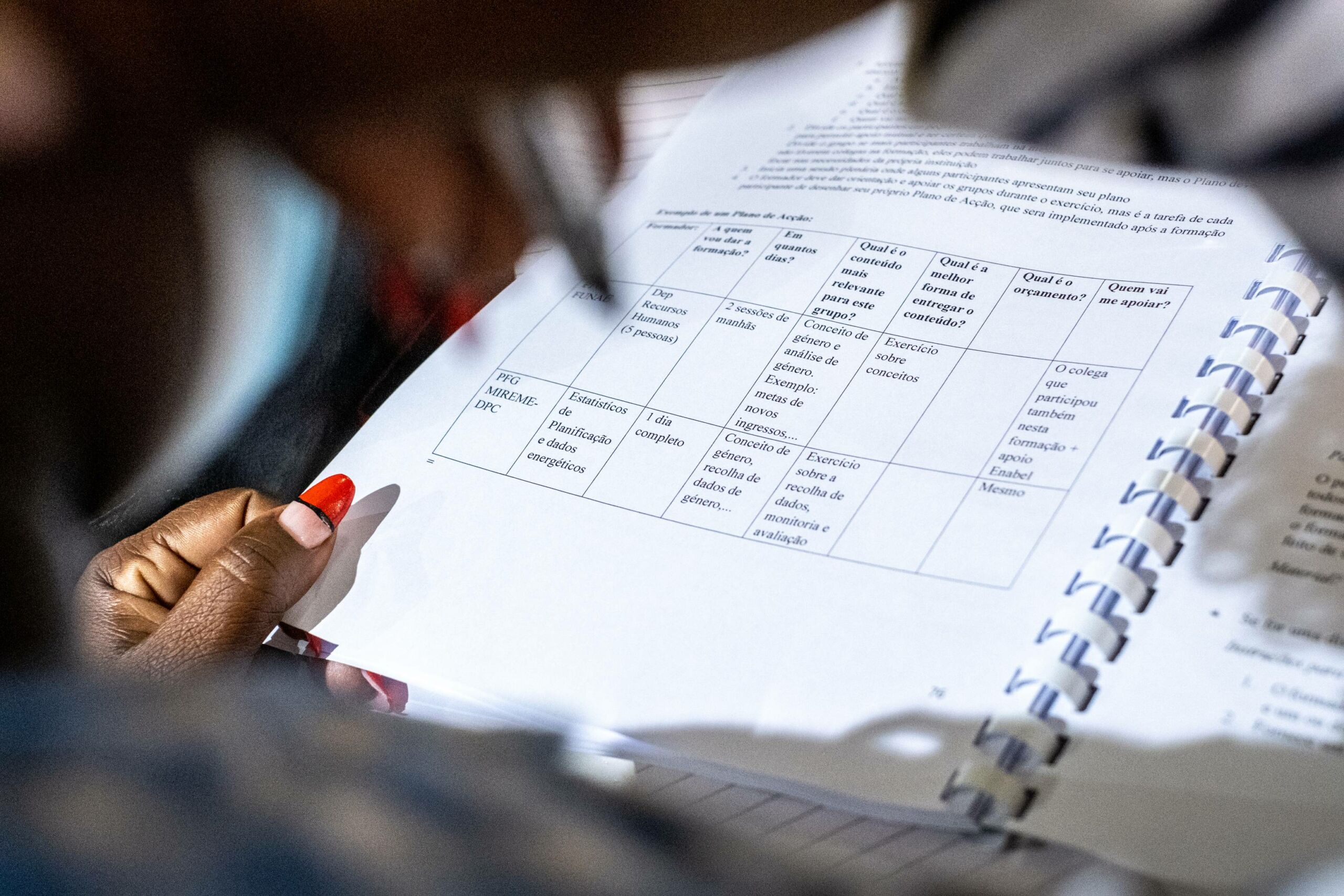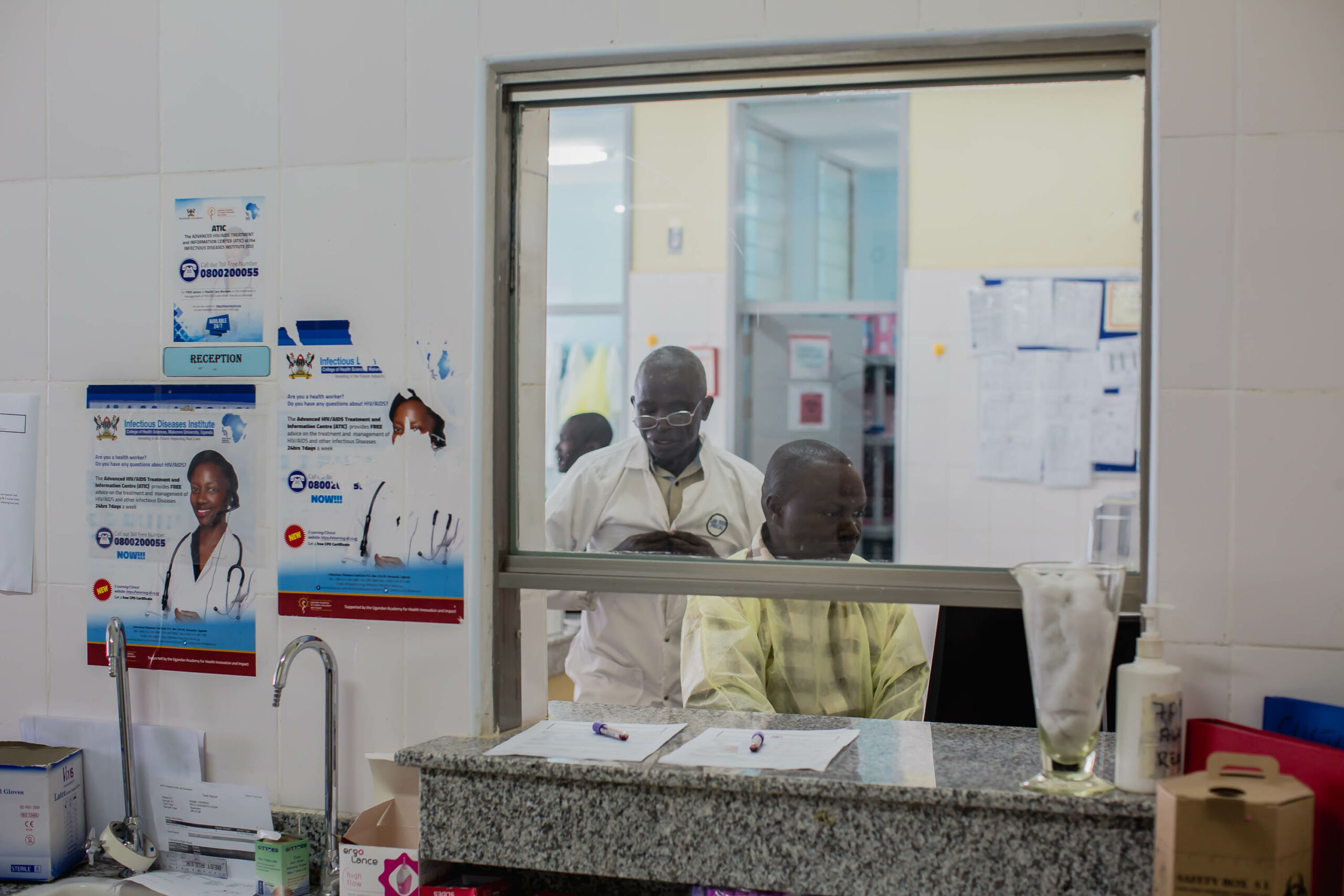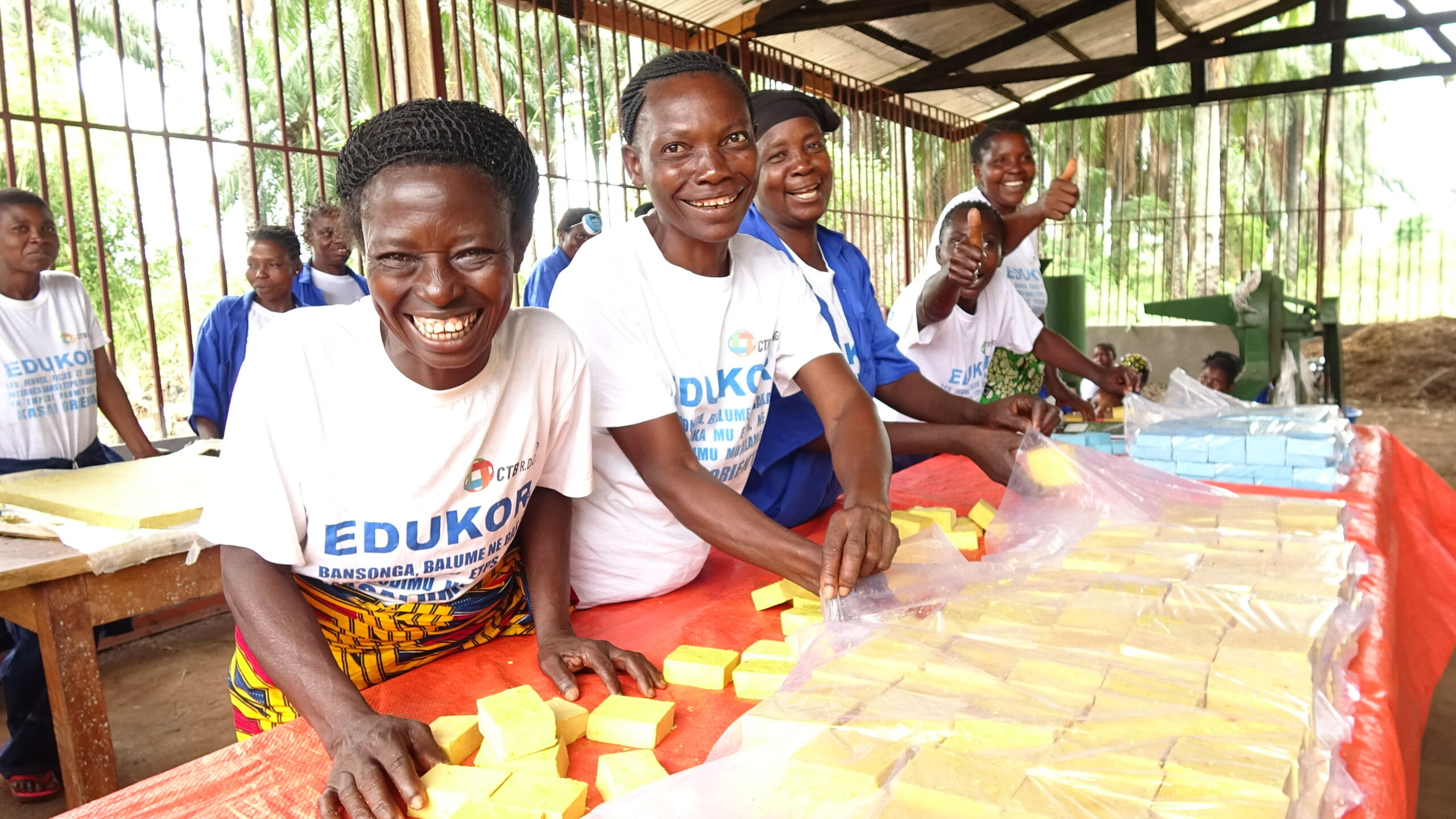The Internal Evaluation Office
The Internal Evaluation Office plays a significant role within Enabel, being responsible for internal policies on evaluation and results-based management, and overseeing quality assessments. It assumes the critical responsibility of ensuring the steering, execution, and validation of all evaluations sponsored by Enabel & upholds the organization’s commitment to rigorous evaluation practices and influent evaluations.
The Internal Evaluation office reports to the President of the Board of Directors, ensuring independence from Enabel’s Directorates and operational implementation, which is crucial for conducting evaluations in an unbiased and impartial manner.
Enabel uses external professional evaluators to ensure a sufficiently broad and diverse range of evaluation expertise and the use of internationally recognised quality standards, making the evaluations more credible and useful.
Within the framework of the certification of the internal evaluation system of the development cooperation actors, the Special Evaluation Office of the Ministry of Foreign Affairs, Cooperation and Humanitarian Affairs organises the external evaluation of the quality of Enabel’s monitoring and evaluation system.









